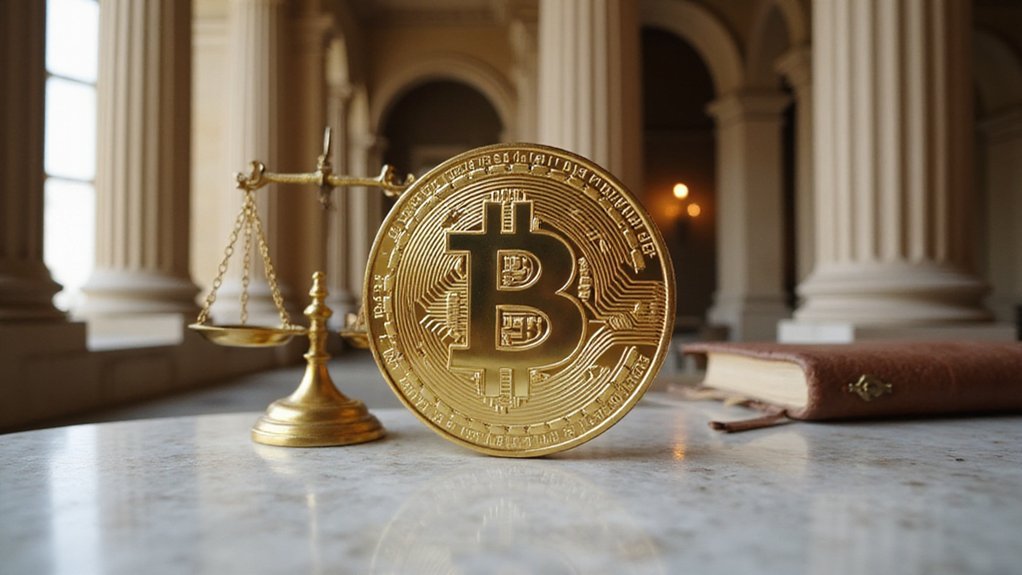While traditional equity markets stubbornly cling to antiquated trading hours and geographic restrictions, the tokenization of stocks has quietly emerged as a compelling bridge between legacy finance and decentralized protocols—with Backed Finance‘s Xstocks now serving as collateral on Kamino, a Solana-based lending platform.
The mechanics are elegantly straightforward: Backed Finance issues SPL tokens on Solana, each backed 1:1 by real-world equities held by licensed custodians through their regulated Swiss entity. These tokenized shares—encompassing roughly 60 equity and ETF options including Apple, Tesla, and Nvidia—can now be deposited as collateral on Kamino’s lending protocol, allowing borrowers to access crypto assets without liquidating their equity positions.
What makes this development particularly intriguing is the fractional nature of collateralization. Unlike traditional margin lending, where borrowers must pledge whole shares, Xstocks enable precise collateral management down to fractional amounts. This granular control, combined with blockchain-native price feeds and automated smart contract execution, eliminates much of the friction inherent in conventional collateral systems.
The xStocks Alliance, orchestrated by Backed Finance, has secured integrations across major platforms including Bybit, Kraken, and Solana DeFi protocols like Raydium and Jupiter. This consortium approach suggests a coordinated effort to establish tokenized equities as legitimate collateral assets rather than mere speculative instruments.
For global retail users—who traditionally faced accreditation barriers and geographic restrictions—this represents unprecedented access to equity-backed lending. The 24/7 trading capability removes the arbitrary constraints of traditional market hours, while the permissionless nature of DeFi protocols eliminates institutional gatekeepers. Future expansion is planned for over 140 countries, significantly broadening the global reach of tokenized equity access.
However, the innovation carries inherent risks. Regulatory uncertainty remains paramount, with compliance frameworks varying dramatically across jurisdictions. Counterparty risk persists through the custodial arrangements holding underlying shares, while smart contract vulnerabilities could compromise collateral management logic. The emergence of real-world asset tokenization projects like Kaanch Network demonstrates the growing industry focus on bridging traditional assets with blockchain infrastructure.
Liquidity concerns also merit attention, as some tokenized assets may lack the depth of their traditional counterparts. Kamino’s achievement as the first lending protocol to utilize stock tokenization as collateral represents a significant milestone in DeFi evolution.
Despite these challenges, the integration of tokenized stocks as DeFi collateral signals a maturation of real-world asset tokenization. Major exchanges have expressed growing interest in tokenized securities, suggesting this development may represent an early glimpse of finance’s inevitable evolution toward blockchain-native infrastructure.





